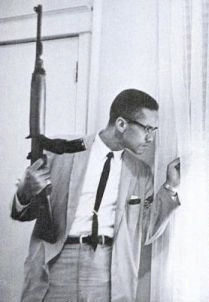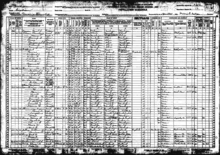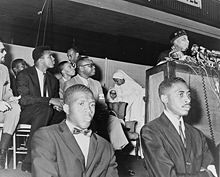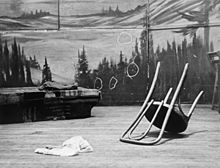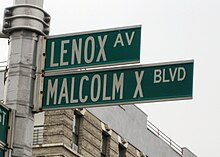
Black History Does Not Begin With Slavery and End With Freedom
Black people settled and developed civilizations thousands of years before the birth of Jesus, giving literacy and civilization to the very civilizations that would give birth to those who have slaved and oppressed Black people for hundreds of years. Much of what is celebrated about Greek and Roman culture was actually stolen or translated and transformed from Black civilizations that developed along the Nile. Although most kids learn about Isaac Newton and Albert Einstein, very few learn of Imhotep, who was the first multi-genius in recorded history, who lived 2,7000 before Christ. He helped design the pyramids, studied the stars, and provided contributions to medicine.
Brother Victorious, a national speaker and host who focuses on positive living, community engagement and education, summed up why the discourse related to Black history must be expanded to include African history by stating, “African people’s legacy in North America, though an extremely powerful one, is limited. With only 500 years of history in this country, more than half in bondage, it is important for us to remember from where we developed. As the true creators of civilization, it is important for us not to look at our history as responders to oppression but rather skillful originators who educated the world. In order to restore greatness, we have to take an intrinsic look at our DNA. Greatness has been developed in us long before European civilization was even formed. Let us not forget our legacy, our power and our connection to the world.”
Originally posted on http://kulturekritic.com/2015/02/



 Giuliani: Obama Had a White Mother, So I'm Not a Racist
Giuliani: Obama Had a White Mother, So I'm Not a Racist


